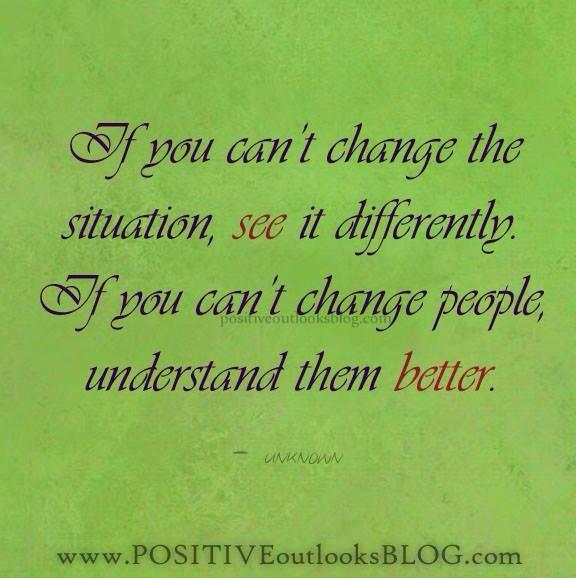At some point, you will come to realize that living the good life involves some amount of necessary pain, and that there are more flavors of pain than ice cream and coffee combined…
There’s the little empty pain of leaving something behind ‒ graduating, taking the next step, walking out of a familiar, safe situation and into the excitement of the unknown. There’s the giant, whirling pain of life upsetting all of your big plans and expectations. There’s the little sharp pains of making a mistake, and the more obscure aches of success, when it doesn’t make you feel as good as you thought it would. There are the vicious, backstabbing pains of betrayal. The sweet little pains of finding others who are worthy of your time, giving them your love, and taking joy in their life as they grow and learn. There’s the steady pain of empathy that you shrug off so you can stand beside a wounded friend or lover and help them face their problems.
And on the best of days, there are the subtle, tingling pains you feel throughout your body when you realize that you’re standing in a moment of sweet perfection, an instant of great achievement, or happiness, or laughter, which at the same time cannot possibly last ‒ and yet will remain with you for the rest of your life.
Everyone is down on pain, and when we experience it we usually say we’re having a bad day, because we forget something important about what were going through: Pain is for the living – for those of us who still have the chance of a lifetime. Only the dead don’t feel it, because their time is already up.
So with this in mind, here are seven smart ways to stay strong when life inflicts pain:
1. View every challenge as an educational assignment. – Ask yourself: “What is this situation meant to teach me?” Every situation in our lives has a lesson to teach us. Some of these lessons include: To become stronger. To communicate more clearly. To trust your instincts. To express your love. To forgive. To know when to let go. To try something new.
2. Remind yourself that you are not alone. – To lose sleep worrying about a friend. To have trouble picking yourself up after someone lets you down. To feel like less because someone didn’t love you enough to stay. To be afraid to try something new for fear you’ll fail. None of this means you’re dysfunctional or crazy. It just means you’re human, and that you need a little time to right yourself. You are not alone. No matter how embarrassed or pathetic you feel about your own situation, there are others out there experiencing the same emotions. When you hear yourself say, “I am all alone,” it is your mind trying to sell you a lie.
3. Focus on what you have, not on what you haven’t. – You are who you are and you have what you have, right now. And it can’t be that bad, because otherwise you wouldn’t be able to read this. The important thing is simply to find one POSITIVE thought that inspires and helps you move forward. Hold on to it strongly, and focus on it. You may feel like you don’t have much, or anything at all, but you have your mind to inspire you. And that’s really all you need to start moving forward again.
4. Emotionally separate yourself from your problems. – You are a living, breathing human being who is infinitely more complex than all of your individual problems added up together. And that means you're more powerful than them – you have the ability to change them, and to change the way you feel about them.
5. Consciously nurture your inner hope. – A loss, a worry, an illness, a dream crushed – no matter how deep your hurt or how high your aspirations, do yourself a favor and pause at least once a day, place your hands over your heart and say aloud, "Hope lives here."
6. Find a reason to laugh. – Laugh at yourself often. Find the humor in whatever situation you’re in. Optimism is a happiness magnet. If you stay positive, good things and good people will be drawn to you.
7. Ask positive questions. – If you ask negative questions, you will get negative answers. There are no positive answers to, “Why me?” “Why didn’t I?” “What if?” etc. Would you allow someone else to ask you the demoralizing questions you sometimes ask yourself? I doubt it. So stop and swap them for questions that push you in a positive direction. For instance, “What can I do right now to move forward?”
And again, if you're struggling with any of these points, remember that you are not alone. We are all in this together. Many of us are right there with you, working hard to feel better, think more clearly, and keep our lives on track. This is precisely why Marc and I wrote our book, “1,000 Little Things Happy, Successful People Do Differently.” The book is filled with short, concise tips on how to do just that. And believe it or not, Marc and I are always re-visiting and re-reading our own material, just to center our minds on these positive principles. I hope you are finding it helpful too.
And finally, I saved the BIG NEWS for last:
Marc and I are thrilled to announce that
our first video course—Getting Back to Happy—is coming November 4th!
We developed this course to be the go-to resource for anyone serious about taking action to reclaim their happiness and realize their potential.
It is filled with our best advice - advice gathered from firsthand experience, nearly a decade of studying and writing about the psychology of happiness and success, and through coaching thousands of people just like you. From proven ways to foster stronger relationships, to actions engineered to help you let go of toxic behaviors, to scientifically proven methods of making progress on your personal and professional goals, the learning modules in this course will inspire and equip you to become your strongest, most effective self.
Join our early access list to be among the first to learn more about the course. Doing so guarantees you the VIP opportunity to enroll at the front of the line.
As a bonus, when you join our early access list, you'll receive:
- A free early sneak peek at three course video modules.
- A free 1-hour coaching session with Marc and I once you enroll in the course.
- High-value bonus content, including audio versions of all the Getting Back to Happy course videos once you enroll in the course.
And note that when you
sign up for the early access list, you’re under no obligation to enroll when the course is ready. You’re merely reserving your spot at the front of the line. I hope you will.
Questions or comments? Please don’t hesitate to email us or leave a comment on our blog.
And finally, please share this email with anyone else who could benefit from it.
Sincerely hoping your 2014 has been inspired thus far,
Angel Chernoff
 odds are one of those habits are bringing mindfulness into your life more and allowing this to be the year where it sticks. Or maybe you’re also looking to change other habits that run alongside your values like being more self-compassion, living alongside your values, playing more or creating more mastery in life. All of these are basic elements that help uncover happiness.
odds are one of those habits are bringing mindfulness into your life more and allowing this to be the year where it sticks. Or maybe you’re also looking to change other habits that run alongside your values like being more self-compassion, living alongside your values, playing more or creating more mastery in life. All of these are basic elements that help uncover happiness.
.jpg) The result of that trial was a jury verdict of nearly $20 million against the Scouts, including $18.5 million in punitive damages—as well as an eventual Oregon Supreme Court ruling in 2012 requiring that the Perversion Files be publicly released as evidence of the history of abuse in Scouting. In September 2012, he argued to the Oregon Supreme Court that the Oregon laws giving special protection to public school teachers in cases of child abuse should be struck down as unconstitutional and is currently awaiting that decision. Recognized by his peers for his expertise in this area, he wrote and spoken widely on child abuse topics to professional audiences.
The result of that trial was a jury verdict of nearly $20 million against the Scouts, including $18.5 million in punitive damages—as well as an eventual Oregon Supreme Court ruling in 2012 requiring that the Perversion Files be publicly released as evidence of the history of abuse in Scouting. In September 2012, he argued to the Oregon Supreme Court that the Oregon laws giving special protection to public school teachers in cases of child abuse should be struck down as unconstitutional and is currently awaiting that decision. Recognized by his peers for his expertise in this area, he wrote and spoken widely on child abuse topics to professional audiences.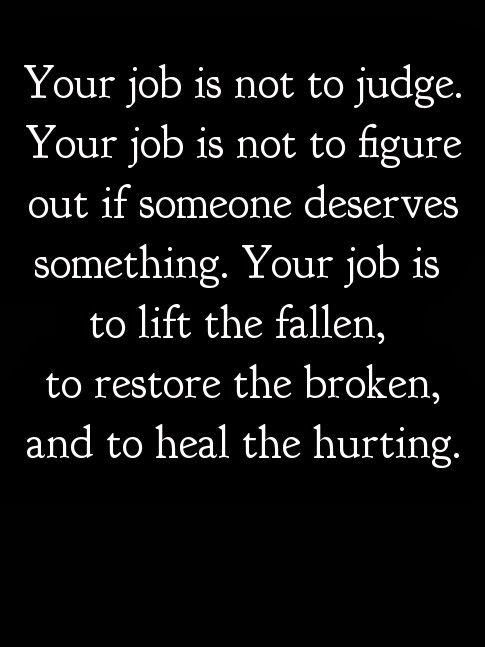


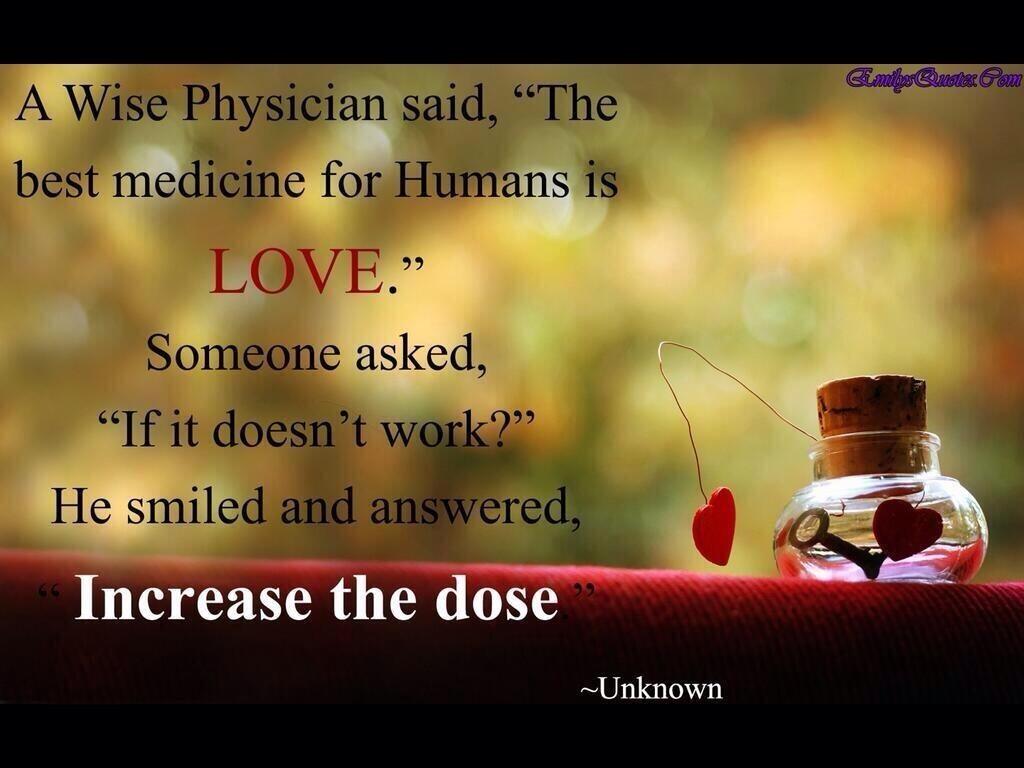
 An outsider may not understand how difficult it is to avoid and ignore the angry mental health triggers surrounding you. Those outsiders, especially those without mental illness, may not even understand what a "trigger" really is. In truth, everyone struggles with triggers; the elements of daily life that bring forward intense emotions and can sometimes lead to unsafe behaviors. These are things that everyone experiences – not just those with mental illness.
An outsider may not understand how difficult it is to avoid and ignore the angry mental health triggers surrounding you. Those outsiders, especially those without mental illness, may not even understand what a "trigger" really is. In truth, everyone struggles with triggers; the elements of daily life that bring forward intense emotions and can sometimes lead to unsafe behaviors. These are things that everyone experiences – not just those with mental illness.





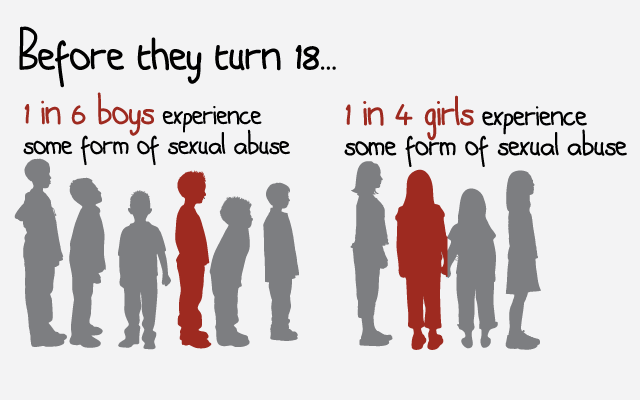
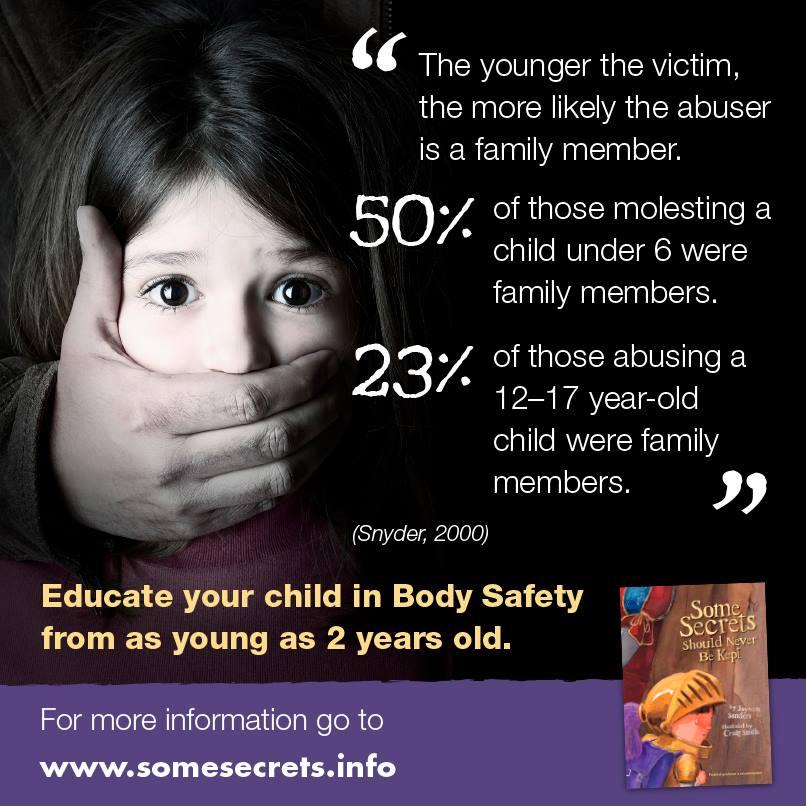



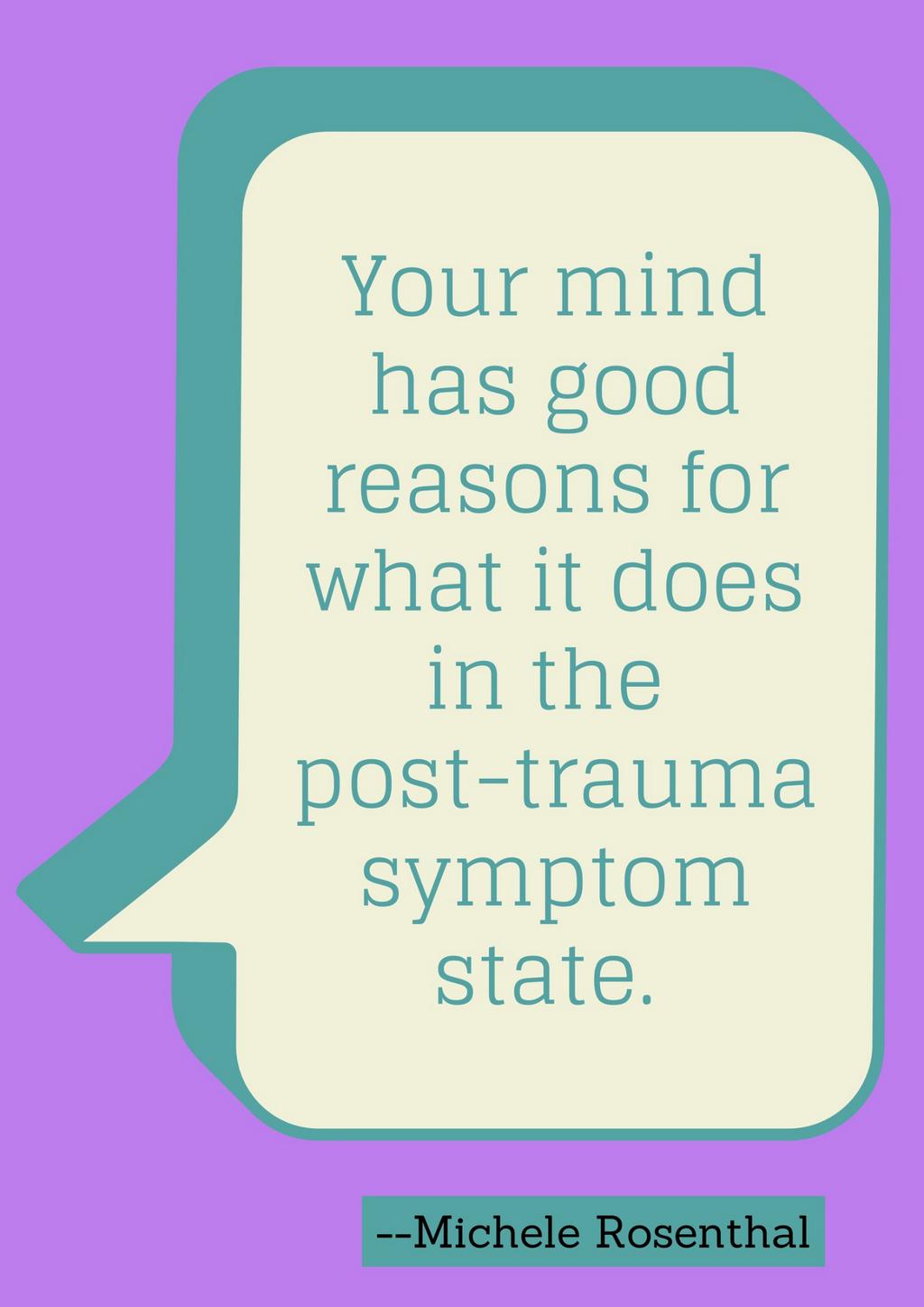


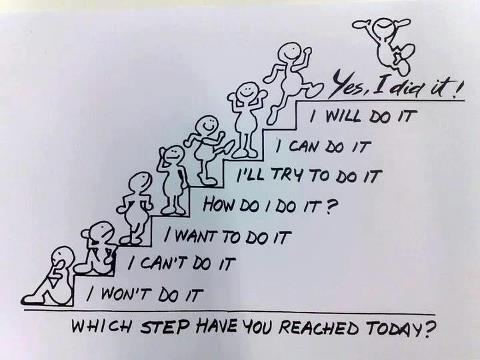
 CBS News and Health.com published a
CBS News and Health.com published a 